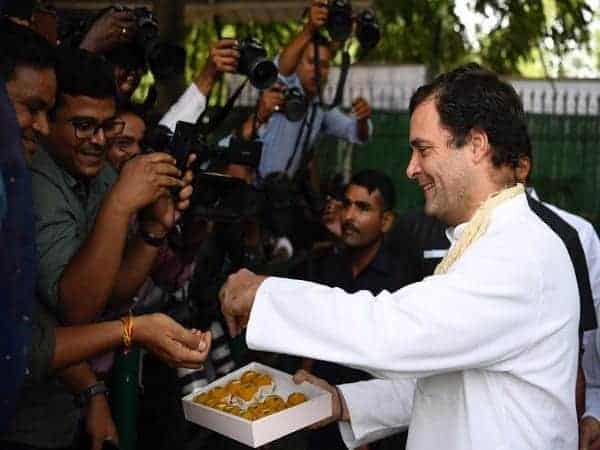Indian political discourse manages to stay off climate change. Read on to find out the reasons and implications of this ignorance.
In India, there is a water crisis in several states. Case in point: Chennai. We are a leading country in population, and have leading cities in pollution- to the effect that being a non-smoker in Delhi is no longer possible, as we all breathe in toxic fumes. Ghaziapur garbage dump is as tall as Qutub Minar, among other dumps in Kolkata, Mumbai, and Chennai. One-third of Himalayan ice caps will not survive this effect of climate change; the melting of glaciers has doubled in the last two decades. It will only increase in some time. There is close to no rain in Delhi, but the regular floods in Mumbai, Assam, and Bihar are not unheard of.
Despite the deteriorating situations, climate change and environmental policies were still not a priority during the elections. Jobs, corruption, and security have always remained popular ideas in the country’s political discourse. This sadly reflects on what the voter-base wants to hear, and shows that we still have a long way to go. Among various reasons for this ignorance, poverty and illiteracy become major factors. For a starving family of unemployed seven or eight people, living in a makeshift tent under a flyover, a square meal will be more important. But who will be affected immediately, and to the worst effect in this situation of climate change? The majority of our population includes people with no homes, who barely make their ends meet, and they will all face the brunt of this (ignorance) the most.
The image of mother, or Maa in Hindi, is highly glorified. The mother, who is called the backbone of the family—in line with the pedestalised notions of motherhood—is only talked about when there is a need to evoke a sense of nationalism or to emphasise the proverbial self-sacrificing nature of women. But between the loud traffic and noises blaring on news channels, all the screaming voices in our country hardly say anything for our ‘Mother’ Earth.
The crux of the matter is that India needs more environmental policies and laws to be enacted and strictly enforced. Class twelfth Political Science books talk about how after the British drained our resources, it took several years for us to realise the problem, and only much later were we able to rectify them—we are heading down this path again. It is not the time to convince people if climate change is real, because it is.
The Ministry of Environment and Forests needs to be seen as the highest profile allotted in any cabinet. Simply because currently, environmental issues are not the focus point; our existing policies do not suffice and many of our policies allow industrialists to cut down trees in bulk, and we are ill-equipped to manage any natural disasters.
Recently, the Garbage Café in Chhattisgarh has acknowledged an important concern. It will open next month, and take certain kilograms of garbage to provide food to people. This café will open in Ambikapur, India’s second cleanest city. A similar story was heard about a school in Assam, which provides schooling to children in exchange of plastic waste. Another revolutionary idea was the Tokyo 2020 Olympic medals having been made from 80,000 tonnes of recycled electronics and mobiles.
Theories on the world ending in 2012 gained a lot of traction, but scientists telling us how to protect this Earth—an act for which we pointedly have time till 2030—is yet to make as big of an impact as a movie. These ideas that have been proposed are unique solutions to fighting multiple problems together. But they are yet to gain the social mileage that they deserve. The Indian political discourse needs to change and reflect today’s problems to fight the real enemy.
Feature Image Credits: MIT Technology Review
Shivani Dadhwal










